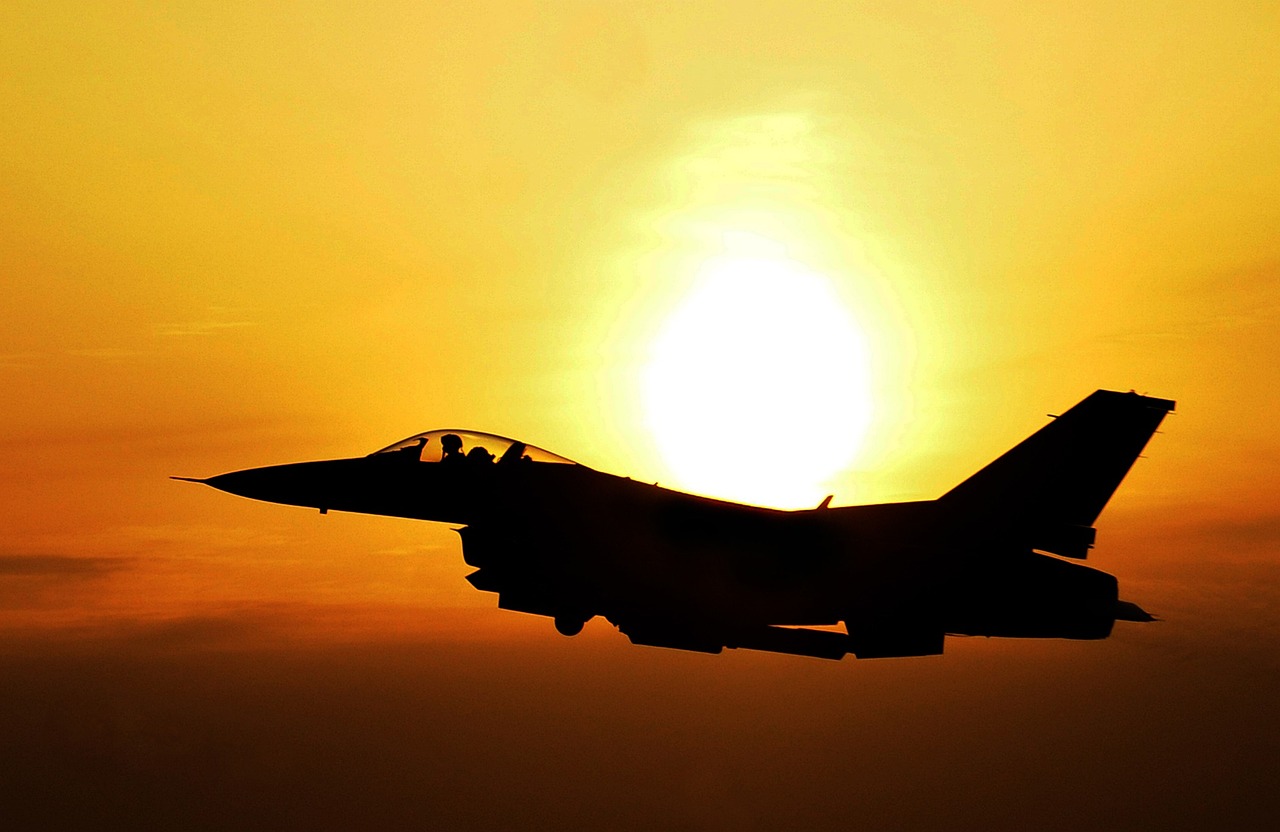General Vannacci’s suspension: confirmation from the Lazio TAR
The Lazio Regional Administrative Court has confirmed the suspension from the army for eleven months of General Roberto Vannacci, a disciplinary measure resulting from statements contained in his book Il mondo al contrario. This affair has sparked a wide public debate, transforming the volume into an editorial case of considerable importance.
The details of the decision
According to the administrative judges, there was no illegitimacy in the measure adopted by the Ministry of Defense, which ordered the suspension at the end of February. The TAR rejected the appeal presented by Vannacci himself, who had advanced seven reasons, including the alleged violation of the right to free expression of thought.
In particular, the court examined the request for abstention by the Minister of Defense. Judging this request unfounded, the TAR observed that the legal conditions for such an obligation did not exist. In fact, it was underlined that the only case that could justify such an abstention would be that of a serious enmity, but such a situation did not arise in the context under examination.
The implications of the decision
The military administration’s assessments regarding disciplinary sanctions are characterized by broad discretion. The judges highlighted that Vannacci’s behavior potentially harms both the principle of neutrality of the Armed Forces and their image. Although free expression of thought is a recognized right, there are necessary limits to protect the integrity of the military institution.
A crucial aspect that emerged from the ruling is the admission of limitations to this right when it comes to safeguarding higher interests. The Military Code recognizes the right to freedom of expression of the military, but also establishes restrictions that aim to preserve the neutrality of the institution.
A look to the future
Lawyer Giorgio Carta has already announced his intention to appeal to the Council of State, with the aim of overturning the TAR decision. It may also be necessary to bring the matter to the attention of the European Court of Human Rights. This scenario could open new debates on freedom of expression for Italian soldiers and on the intersection of individual and institutional rights in a broader European context.


